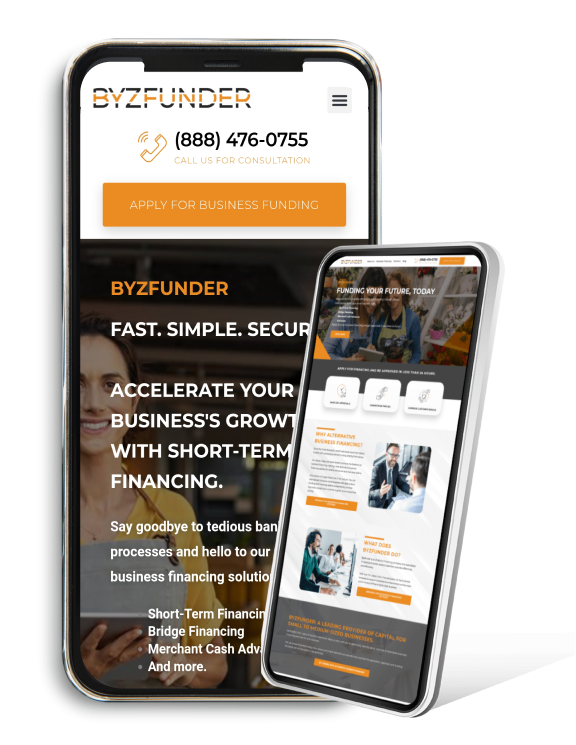Selecting the right business entity isn’t just a box to tick off on your entrepreneurial journey. It’s the fundamental step to which your business’s future hinges. Choosing the correct entity dictates how much you pay in taxes, the extent to which you’re personally liable, and the structure of your organization.
Making an informed choice can be the difference between financial success and struggle, clarity and confusion, and growth and stagnation for your small business.
So, whether you’re a freshly minted small business owner or someone considering taking the plunge into the small business arena, this blog is tailor-made for you. We’re going to explore the various business entities and help you figure out which one’s the best fit for your small business.
First and foremost, it’s essential to understand why your choice of business entity carries such weight. Your decision not only affects the way you’re taxed but also determines your personal liability and business structure. Let’s dive into them:
Your choice of business entity affects how your business is taxed. It’s like having a customized financial toolkit at your disposal, allowing you to optimize your tax strategy. The right choice can help you legally minimize your tax burden and maximize your retained profits – a critical aspect for any small business owner looking to keep more of their hard-earned money.
The business entity you choose also determines the extent to which you’ll be personally liable for your business’s debts and legal obligations. In simple terms, it’s like deciding how much personal risk you’re comfortable with. Some options provide robust protection for your personal assets, while others leave you exposed to the financial consequences of business mishaps. Your choice of business entity is, in essence, your shield against potential financial storms.
The structure of your business entity shapes how decisions are made, how profits are distributed, and how your organization operates. It’s the blueprint of your business’s internal workings. Opting for the right structure ensures clear roles, responsibilities, and a smooth flow of operations – crucial for harmony within your small business.
The sole proprietorship is akin to the lone trailblazer, forging their path through the business wilderness. This business entity is straightforward, cost-effective, and provides you with complete autonomy. However, it’s crucial to remember that in this scenario, you are your business – you’re personally liable for debts and liabilities.
Fact: Did you know that approximately 70% of small businesses in the United States operate as sole proprietorships?
Partnerships are the dynamic duos of the business world. They bring together two or more individuals with complementary skills and resources to achieve a common objective. Partnerships can be general or limited, and they share profits, losses, and responsibilities.
Tip: For a seamless partnership, draft a clear and comprehensive partnership agreement – it’s your secret recipe for success.
Corporations are the fortified castles of the business realm. They are separate legal entities, which means that your personal assets are typically protected from business debts. Nevertheless, corporations involve a considerable amount of paperwork and come with a more complex tax structure.
Fact: The Dutch East India Company, founded in 1602, was the world’s first corporation, paving the way for today’s corporate giants.
Think of an LLC as a chameleon in the business world, capable of adapting to suit your business’s unique needs. It combines a corporation’s limited liability protection with a partnership’s simplicity. The added bonus is that you can choose how you want it to be taxed, making it the ultimate choice for adaptability.
Insight: LLCs are gaining in popularity due to their flexibility and asset protection without excessive bureaucracy.
As you navigate understanding and choosing the best-matched entity, you may wonder how to secure the necessary funding for your business. We have positioned ourselves as industry leaders, offering a lifeline to small business owners who find it hard to get capital from banks and other lenders.
Whether you need capital for expansion, innovation, or simply to keep the lights on, we can help. However, we do require you to have been in business for at least 6 months and have a minimum monthly revenue of $10,000.
We hope that your business entity decisions align with your business goals and that we can help you understand the differences between them. When you are all set and operating for more than 6 months, apply for funding with us to expand your business
